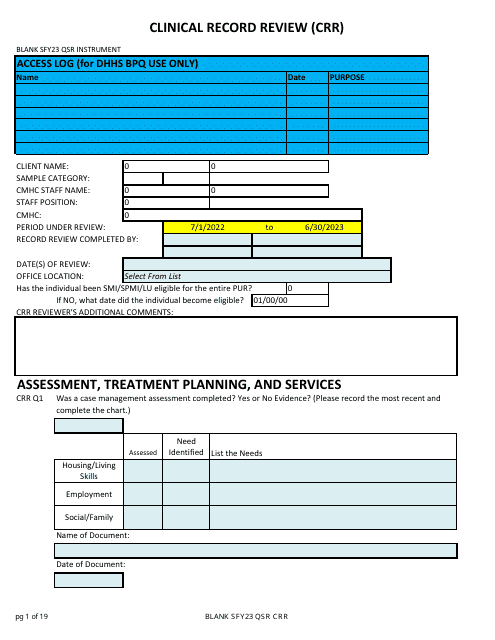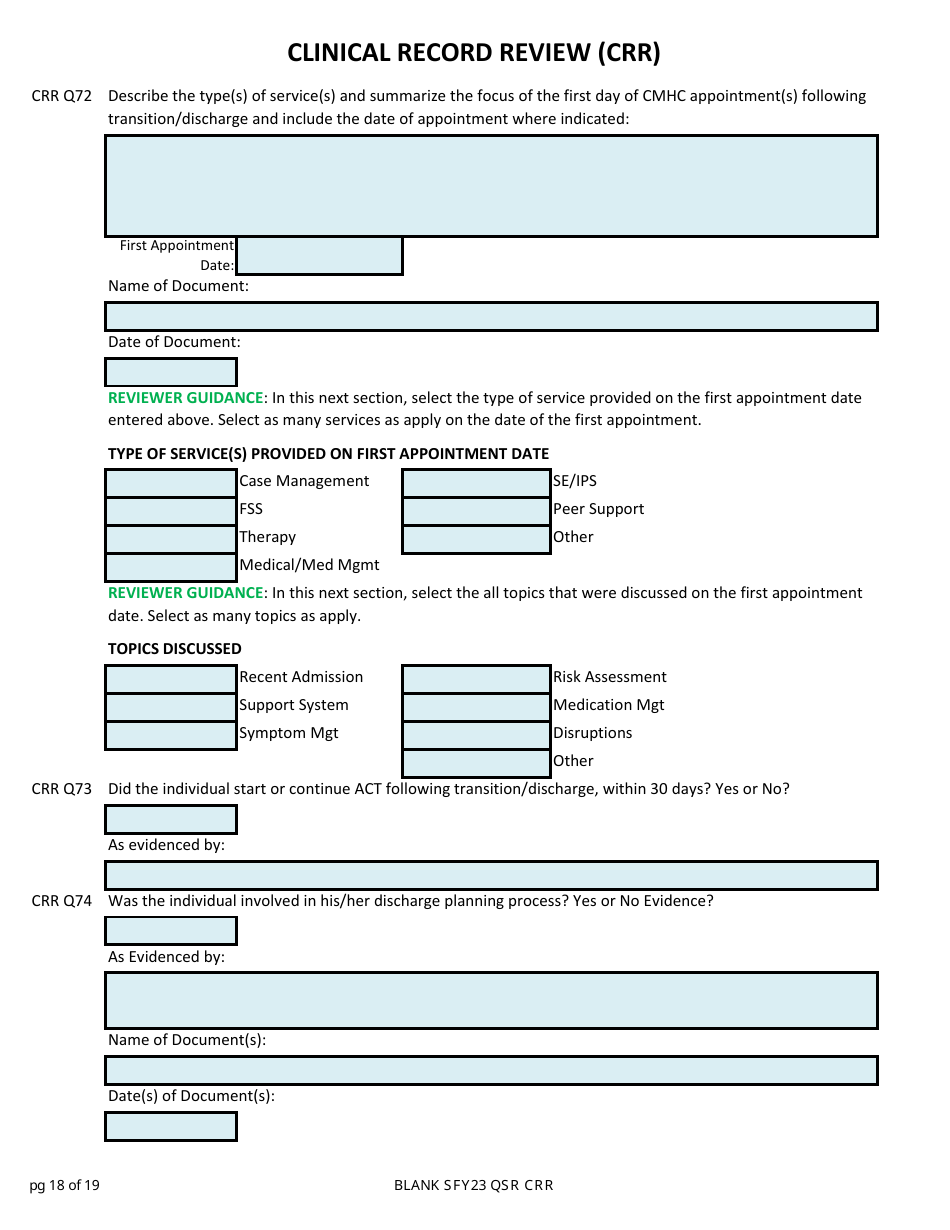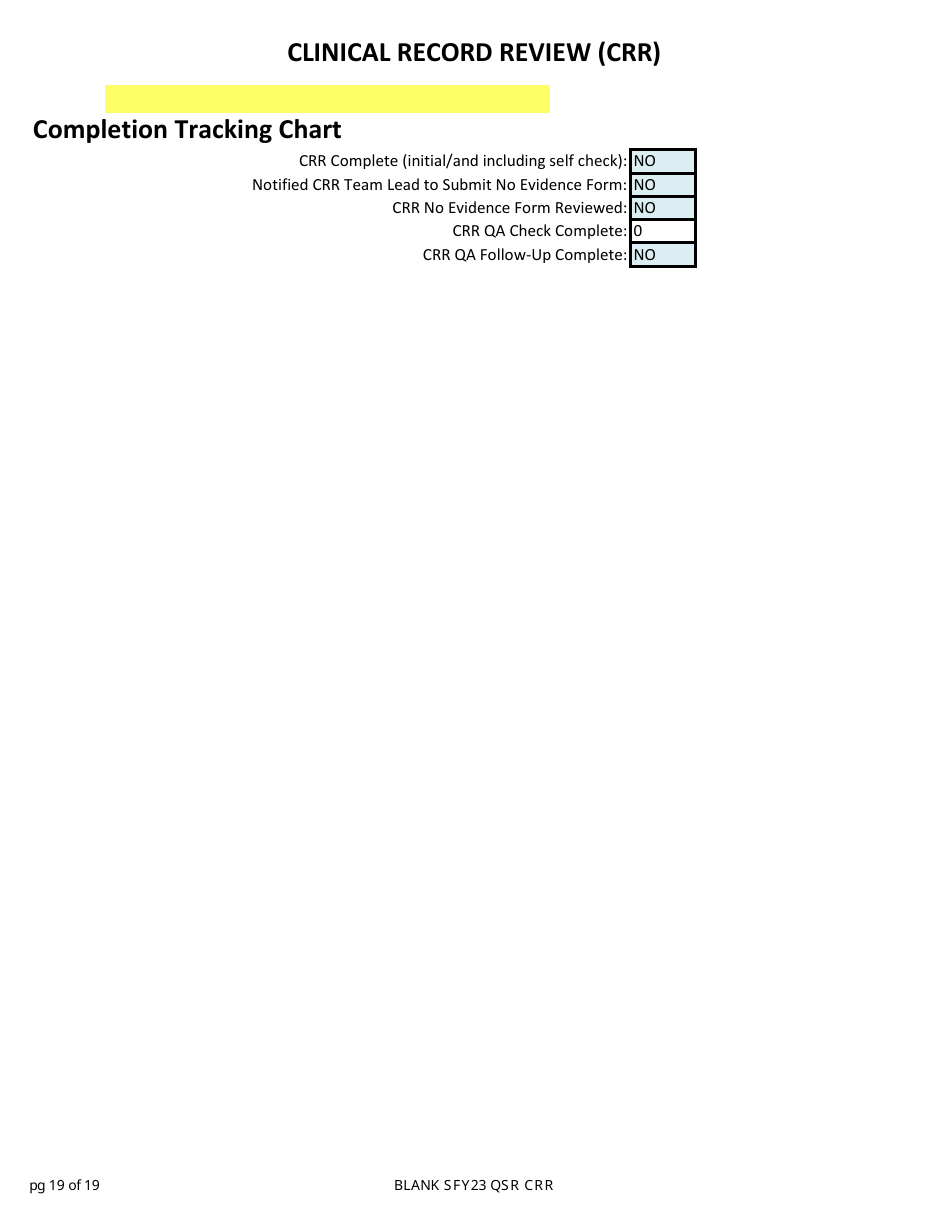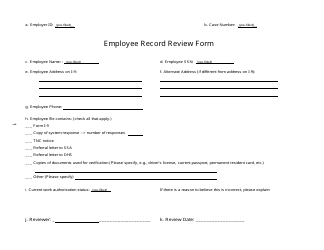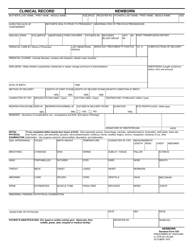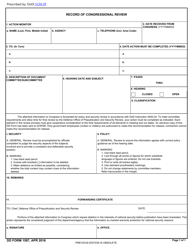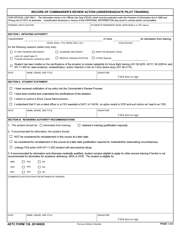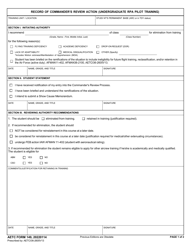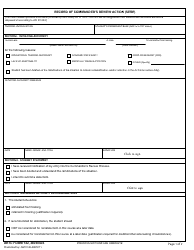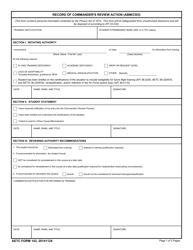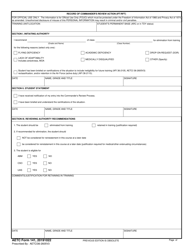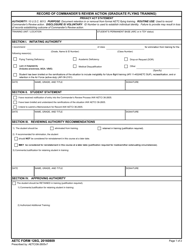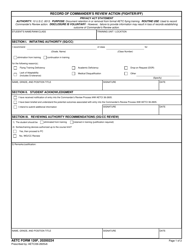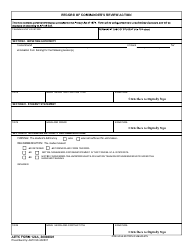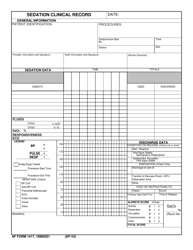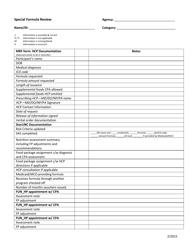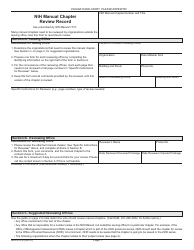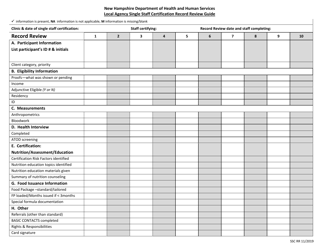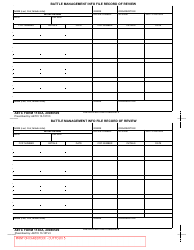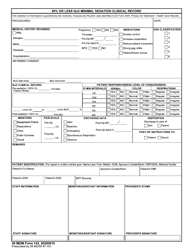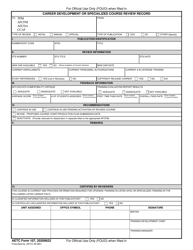Clinical Record Review (Crr) - New Hampshire
Clinical Record Review (Crr) is a legal document that was released by the New Hampshire Department of Health and Human Services - a government authority operating within New Hampshire.
FAQ
Q: What is a Clinical Record Review (CRR)?
A: A Clinical Record Review is a process where healthcare professionals assess and review a patient's medical records to evaluate the quality and appropriateness of care provided.
Q: Why is a Clinical Record Review important?
A: A Clinical Record Review is important as it helps identify any potential issues or gaps in patient care, ensures compliance with regulations and standards, and promotes continuous improvement in healthcare delivery.
Q: Who conducts a Clinical Record Review?
A: Clinical Record Reviews are typically conducted by trained healthcare professionals, such as doctors, nurses, and medical auditors, who have knowledge and expertise in evaluating medical records.
Q: What is the purpose of a Clinical Record Review?
A: The purpose of a Clinical Record Review is to assess the quality and appropriateness of patient care, identify any areas for improvement, and ensure compliance with healthcare regulations and standards.
Q: What types of information are examined during a Clinical Record Review?
A: During a Clinical Record Review, healthcare professionals examine various types of information, including medical histories, treatment plans, test results, medication records, and documentation of care provided.
Q: How can a Clinical Record Review benefit patients?
A: A Clinical Record Review can benefit patients by promoting improved quality of care, identifying any potential errors or gaps in treatment, and ensuring that patients receive appropriate and timely healthcare services.
Q: Who can request a Clinical Record Review?
A: A Clinical Record Review can be requested by healthcare organizations, insurance companies, regulatory agencies, or other entities involved in evaluating and monitoring the quality of healthcare services.
Q: Are Clinical Record Reviews confidential?
A: Yes, Clinical Record Reviews are conducted in a confidential manner to protect patient privacy and comply with healthcare privacy laws, such as the Health Insurance Portability and Accountability Act (HIPAA).
Q: What happens after a Clinical Record Review?
A: After a Clinical Record Review, the findings and recommendations are typically shared with the healthcare providers and organizations involved, who may then take appropriate actions to address any identified issues or improve patient care.
Q: Are healthcare providers obligated to participate in a Clinical Record Review?
A: Healthcare providers may be required to participate in Clinical Record Reviews as part of their contractual agreements with healthcare organizations or as mandated by regulatory agencies. Compliance with Clinical Record Reviews helps ensure quality and accountability in healthcare.
Form Details:
- The latest edition currently provided by the New Hampshire Department of Health and Human Services;
- Ready to use and print;
- Easy to customize;
- Compatible with most PDF-viewing applications;
- Fill out the form in our online filing application.
Download a printable version of the form by clicking the link below or browse more documents and templates provided by the New Hampshire Department of Health and Human Services.
